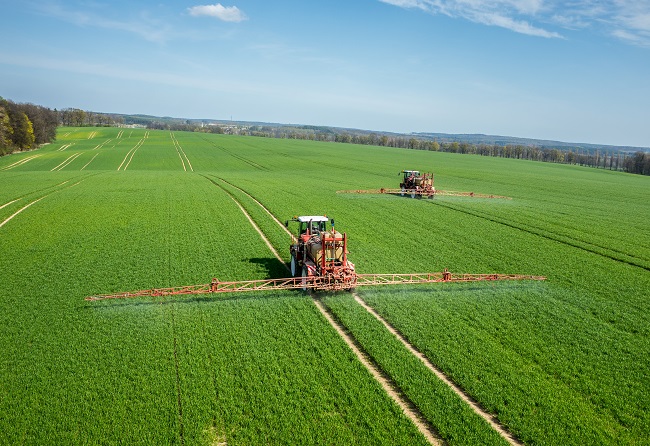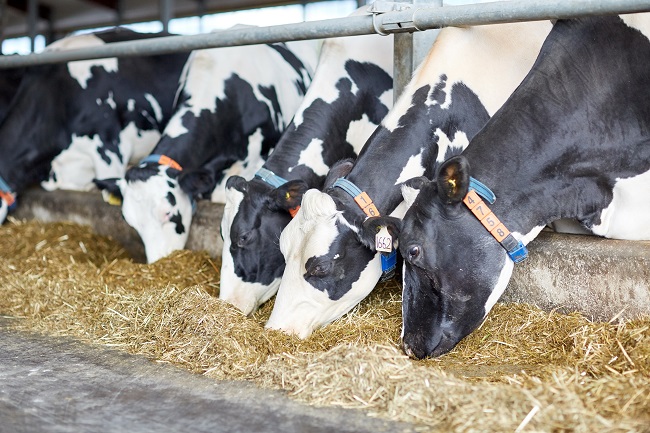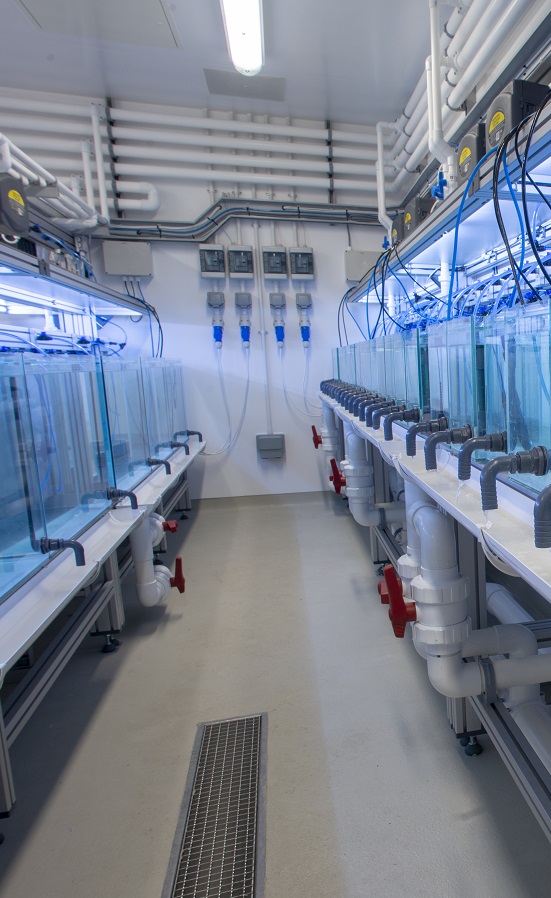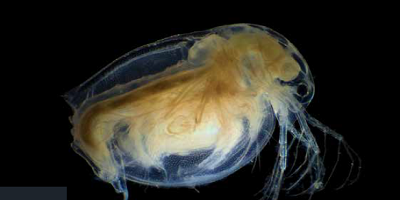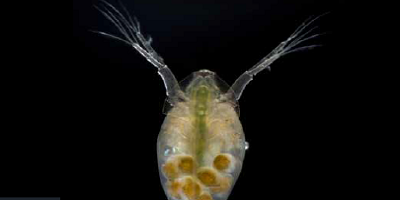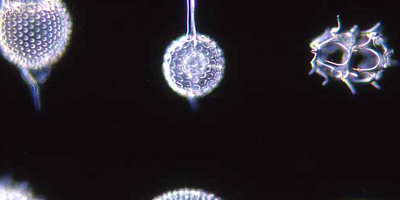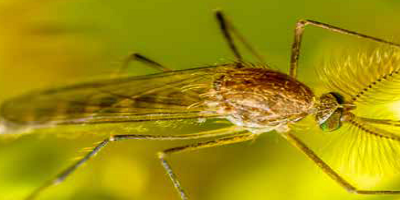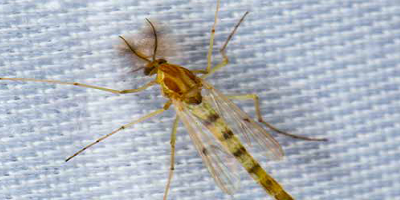"Our routine tests can be adapted to suit your particular data requirements"

Visit our other sites
-
Fapas - Proficiency Testing
Globally recognised provider of proficiency tests, running over 400 tests annually across an extensive range of matrices and analytes
-
Great Crested Newts Testing
A single sample taken by an ecologist at any time during the newt breeding season can determine their presence or absence, saving you time and money
- Work with a partner with more than 20 years of experience in a wide range of study types on water quality and aquatic life. Why not see what studies we can help you with.
- View All Fish Studies

Fera offers a full package of studies to GLP on aquatic non-target organisms, on microorganisms and ready biodegradability tests. The potential toxic effects of Plant Protection Products (PPPs), chemicals and metabolites on algae and aquatic macrophytes are examined using different types of study designs in accordance with current OECD and EPA guidelines, covering the requirements for the registration of plant protection products (PPPs) and veterinary medicines.
All studies are planned and performed by an experienced team of scientists and technical personnel, with the analytical dose verification and fate of the active ingredient(s) is performed as close as possible in parallel to the biological part of the study. We can also adapt our services to provide bespoke tests that meet your specific data requirements.
Fera has the best people in the right place focussed on delivering the right solution. We continuously invest in our people and support them in delivering the best science to our partners.

Rachel Benstead
Rachel has extensive knowledge and experience of chemical risk assessment, whole effluent assessment, endocrine disruption in aquatic wildlife, the Water Framework Directive and environmental impact assessments. At Fera, she is responsible for conducting research and managing projects regarding aquatic environmental protection, including studies that are conducted to OECD guidelines. She is also a GLP study director.

Victoria Pratt
Victoria is a Senior Environmental Fate Scientist for chemical safety at Fera. With a background in chemistry, Victoria performs the role of GLP study director for commercial and research projects within the environmental fate and behaviour sector.
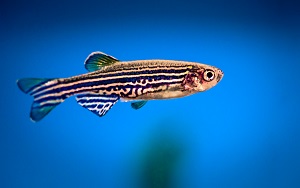
Karen Thorpe
Karen is an aquatic biologist based in the Ecotoxicology group at Fera. Her role is to deliver high-quality aquatic ecotoxicology studies and she has over 20 years practical experience of working with aquatic organisms in an ecotoxicological setting. Karen has been involved in the development of methodologies for assessing the effects of chemicals on reproductive physiology and will be responsible for expansion of the science capabilities within the group to evaluate chemicals for endocrine disruption.
Why not a virtual tour of the new Aquatic Facility?
Interested in taking a tour of our new mesocosm facility - for Higher Tier Risk Assessments?
Services Available
| Study Guideline⠀⠀⠀⠀⠀ |
Description of Test |
|---|---|
| OECD
201 |
Freshwater algae and cyanobacteria, growth inhibition test |
| OECD
202 |
Daphnia sp. acute immobilisation test |
| OECD 203 | Fish, acute toxicity test |
| OECD 235 | Chironomus sp., Acute Immobilisation Test |
| OECD 210 | Fish, Early-life Stage Toxicity Test |
| OECD 211 | Daphnia magna Reproduction Test |
| OECD 233 | Sediment-Water Chironomid Life-Cycle Toxicity Test Using Spiked Water or Spiked Sediment |
| OECD 221 | Lemna sp. Growth Inhibition Test |
| OECD 218 | Chironomid Toxicity Test Using Spiked Sediment |
| OECD 219 | Chironomid Toxicity Test Using Spiked Water |
| OECD 239 | Water-Sediment Myriophyllum Spicatum Toxicity Test |
| OECD 305 | Bioconcentration: Flow-through Fish Test |
Endocrine Disruptors are chemicals that interfere with human and animal hormone systems, and are capable of altering hormone balance and embryo development. Find out how we can help with relevant studies.
Resources - Study Factsheets
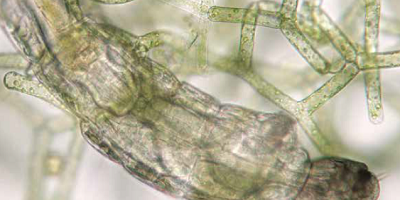
Chironomid Acute Immobilisation Test
This test is designed to determine the acute effects of the test material on Chironomid larvae.
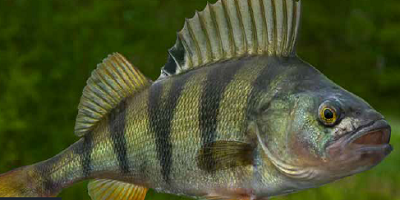
Bioaccumulation in Fish Test
This test is designed to assess the bioconcentration potential of substances in fish, following aqueous (standard and minimised tests) or dietary exposure, under flow through conditions.
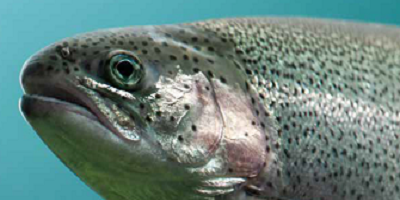
Fish Acute Toxicity Test
This test is designed to determine the effects of the test material on fish. Fish species typically tested include rainbow trout, fathead minnow and zebra fish.
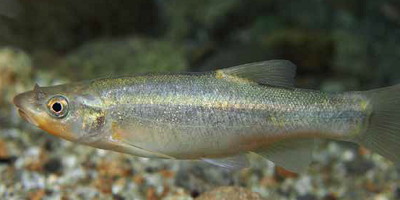
Fish Early Life Stage Toxicity Test
This test is designed to determine the effects of the test material on the early life stages of fish.


